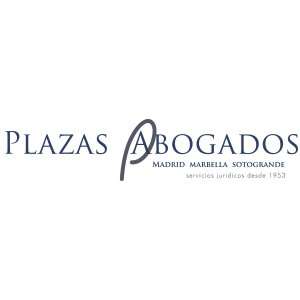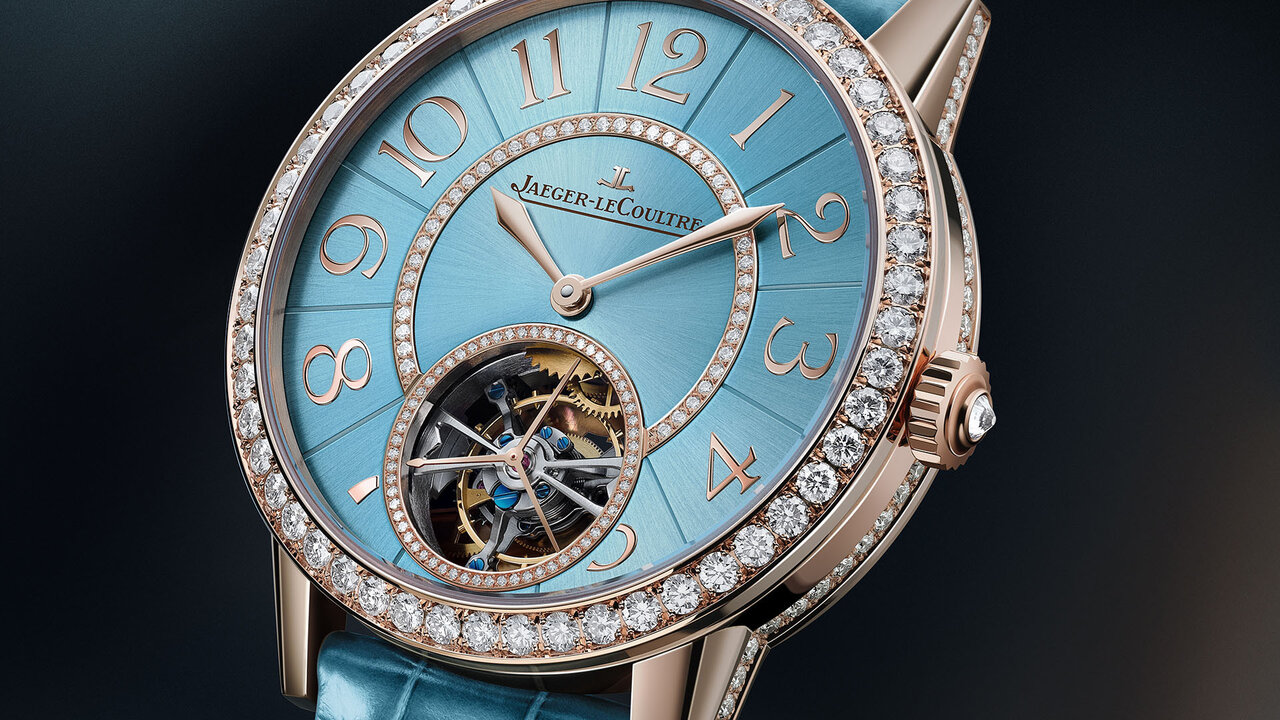Puerto Banús ya tiene su primer escáner de resonancia magnética
El departamento de radiología de Helicópteros Sanitarios cuenta con un nuevo escáner de resonancia magnética. Dicho dispositivo forma parte de la inversión de 1,7 millones de euros que se ha llevado a cabo en Helicópteros Sanitarios (HSH).
El 17 de septiembre, una enorme grúa se encargó de introducir el escáner GE Signa Voyager de 1,5 toneladas a través de un orificio hecho en el tejado del departamento de radiología de Puerto Banús. Las primeras pruebas de pacientes se realizaron a partir del 7 de octubre.
"Nos llena de orgullo que HSH sea el primer hospital de Marbella en ofrecer a sus especialistas y pacientes acceso al nuevo escáner GE Signa Voyager", declaró María José, la directora ejecutiva de HSH.
Además, añadió: "Esta inversión nos permite ofrecer más citas y mayor comodidad a los pacientes, y es una parte fundamental de nuestra estrategia para respaldar a nuestros especialistas a la hora de dar un diagnóstico y así lograr los mejores resultados sanitarios para nuestros pacientes".
"El nuevo escáner de resonancia magnética se encuentra en un centro de radiología construido especialmente. Nuestra prioridad a la hora de diseñar el centro fue la comodidad de los pacientes, para garantizar que estos están relajados durante la prueba", señaló Alberto XX, director provisional del centro de radiología de HSH.
El nuevo sistema consume menos energía y es más silencioso que los escáneres de resonancia magnética tradicionales.
Este dispositivo vanguardista permitirá que los pacientes tengan acceso a la tecnología más reciente, la cual ofrece unas imágenes más avanzadas y de mayor calidad, y a su vez mejora la experiencia del paciente gracias a su cilindro de mayor tamaño. También permite realizar unos exámenes más rápidos y detallados de cualquier parte del cuerpo, así los resultados se pueden utilizar para diagnosticar afecciones, planificar tratamientos y valorar la efectividad de tratamientos anteriores.
En la actualidad, la resonancia magnética es el método radiológico más fiable ante distintos patrones de enfermedad, gracias al cual se pueden examinar diversas partes del cuerpo e incluso órganos,cuando otras pruebas de diagnóstico (rayos X, ultrasonido, tomografía) no logran ofrecer información precisa. La resonancia magnética es idónea, entre otras cosas, para diagnosticar lesiones reumatoides, enfermedades relacionadas con el sistema nervioso, malformaciones y establecer los estadios de un tumor. Esta máquina supone una gran ayuda a la hora de precisar un diagnóstico y decidir el tratamiento necesario.
La resonancia magnética no resulta dañina para el cuerpo, así que se puede utilizar también con niños y mujeres embarazadas, y la prueba se puede realizar en múltiples ocasiones.
Puerto Banus gets is first MRI
A new MRI machine has been installed at the Radiology Department of Helicopteros Sanitarios.
A new MRI scanner has been lifted into place at Helicopteros Sanitarios (hsH) as part of a EUR 1.7 million investment.
GE Signa Voyager 1.5T MRI was lowered by high-rise crane through a hole on in the radiology department’s roof in Puerto Banus on September 17th and the first patient scans were done on the 7th of October.
“We are proud that HSH is the first hospital in Marbella to offer our consultants and patients access to the new GE Signa Voyager scanner,” said Maria Jose, chief executive at HSH.
“This investment provides more appointments and comfort for patients and is a key part of strategy to support our consultants in accurate diagnosis to deliver the best health outcomes for patients” she added.
“Our new MRI suite is located in our purpose-built radiology center. The priority when designing the suite was patient comfort, ensuring we set the stage for our patients to feel at ease during their stay with us,” said Alberto XX, interim director of the radiology center at HSH.
The new system uses lower power consumption and is quieter than traditional MRI machines.
The new state-of-the-art MRI scanners mean that patients will benefit from the most up-to-date technology, providing more advanced and high quality images as well as an enhanced patient experience with its wider bore. They also mean faster and more detailed examinations of almost any part of the body, the results of which can be used to help diagnose conditions, plan treatments and assess how effective previous treatment has been.
Magnetic resonance imaging is currently the most reliable radiological method in case of several disease patterns, with the help of which numerous body parts or even organs can be examined when other diagnostic imaging examinations (X-ray, ultrasound, CT) cannot provide clear-cut information. Among other things, the MRI scan is perfectly suited for the diagnostics of rheumatoid injuries, diseases related to the nervous system, malformations and the determination of the stadium of tumours. This machine provides a huge assistance in making a diagnosis as accurate as possible in the decision of the required treatment.
MRI does not cause any harm in the body, so this type of examination can be applied for children and pregnant women as well, and the examination can be taken multiple times.






